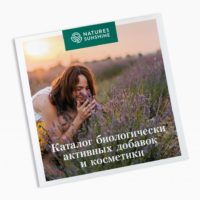No products in the cart.
Dietary supplements
Cat claw
Una De Gato
PV: 14.53- Contains Cat’s Claw and Chinese Astragalus
- Dietary Supplement
P. fiyatı / Price / Цена: ₺1.410,0
Partner fiyatı / Partner Price / Партнерская цена: ₺916,0
























